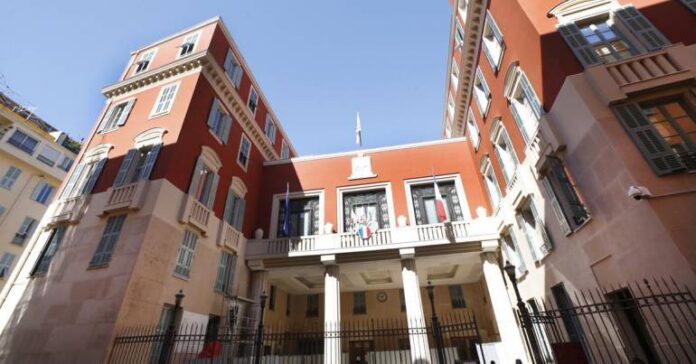The ecologists, socialists, and communists have designated Juliette Chesnel-Le Roux as the head of the list for the municipal elections. The citizen movement Viva! and APRES 06 condemn a unilateral decision that, according to them, threatens the hope of a genuine gathering.
On September 5, in the Borriglione district, the local leaders of the PS (Socialist Party), the PCF (French Communist Party), and the Ecologists officially announced their choice: Juliette Chesnel-Le Roux will lead their list for the 2026 municipal elections in Nice. President of the ecologist group at the municipal council and the Metropolis, she was presented as the candidate capable of carrying a common project.
“It is Juliette Chesnel-Le Roux who will be our head of the list. End of suspense,” declared Patrick Allemand, the socialist leader. Alongside him, the communist Julien Picot was placed in the second position. The first four names on the list are already decided, even though adjustments still need to be made.
In her first words as a candidate, Juliette Chesnel-Le Roux highlighted social justice and purchasing power. “This will be achieved through housing and transport,” she insisted. She also advocated for an ecological transition focused on clean mobility and a local democracy based on transparency and resident involvement.
Julien Picot added other priorities: rent control, an end to luxury tourism, free transport, strengthening of local police, and the launch of cultural initiatives starting in 2026.
The meeting also brought together representatives of civil society, like the Turkish sociologist and writer Pinar Selek. However, the displayed unity does not extend to the entire left.
A Fracture Difficult to Mend
The citizen movement Viva! contested this designation. In a statement, it speaks of a “strategy of irresponsibility.” According to its members, the method used breaks with the momentum born during the 2024 legislative elections, when the New Popular Front allowed the left to reach the second round in several Nice constituencies.
“The choice of the PS, the PCF, and the Nice Ecologists to announce, at this time and unilaterally, their head of the list, confirms the abandonment of a sincere united approach,” states Viva!. For the collective, this position reduces the chances of building an alternative against the right and the far-right.
The organization claims to have proposed “consistently a broad gathering of the left and ecology without exclusivity.” It considers its proposals have not been heard. In response, it announces its intention to continue a popular mobilization centered on local democracy, solidarity, and ecology.
The movement APRES 06 shares this view. In its statement, it criticizes the lack of consultation and regrets that political and citizen forces are being sidelined. “To ensure that all these forces can express themselves and be justly represented, APRES 06 will continue, without exclusivity, to work with all partners eager to build a common project,” the organization writes.
These positions reflect a concern: the unity displayed by the three parties could mask a deeper division within the progressive camp.
Between the Will for Openness and Political Realities
On the side of the socialist, communist, and ecologist leaders, the discourse remains open. “We work with everyone, without red lines, to respond to the population’s interest,” recalled Julien Picot. Discussions with La France Insoumise 06 have not succeeded since the beginning of the summer, but the leaders affirm that the door is not closed. With Viva!, contact has not been broken either, even if the disagreement is direct.
The situation illustrates a paradox. On one side, a common list is shaping up, structured around an ecologist elected official and supported by traditional parties. On the other, citizen collectives denounce a logic of position-sharing and call for a broader process.
Six months before the elections, uncertainty remains. The Nice left is engaging in a long campaign, against a backdrop of internal tensions. The themes highlighted — housing, transport, ecological transition, local democracy — reflect shared challenges. But the strategy to address them still divides.
The question remains whether, by 2026, these forces will find common ground or if they will present themselves separately against Christian Estrosi and Éric Ciotti.


